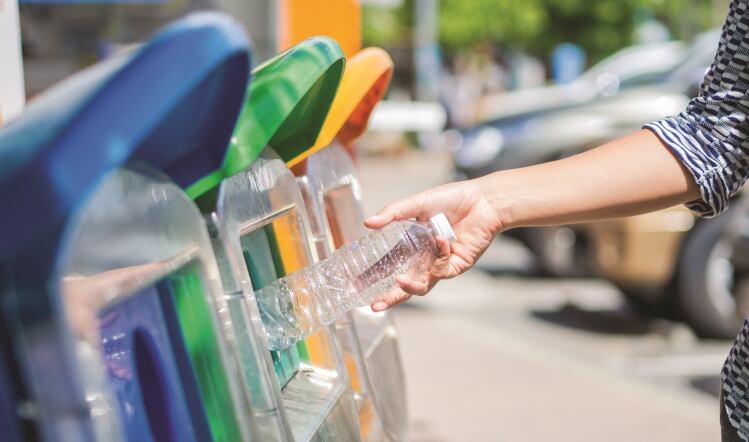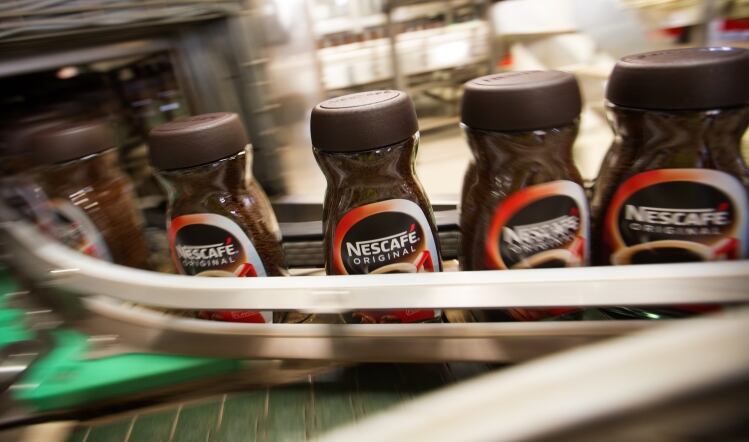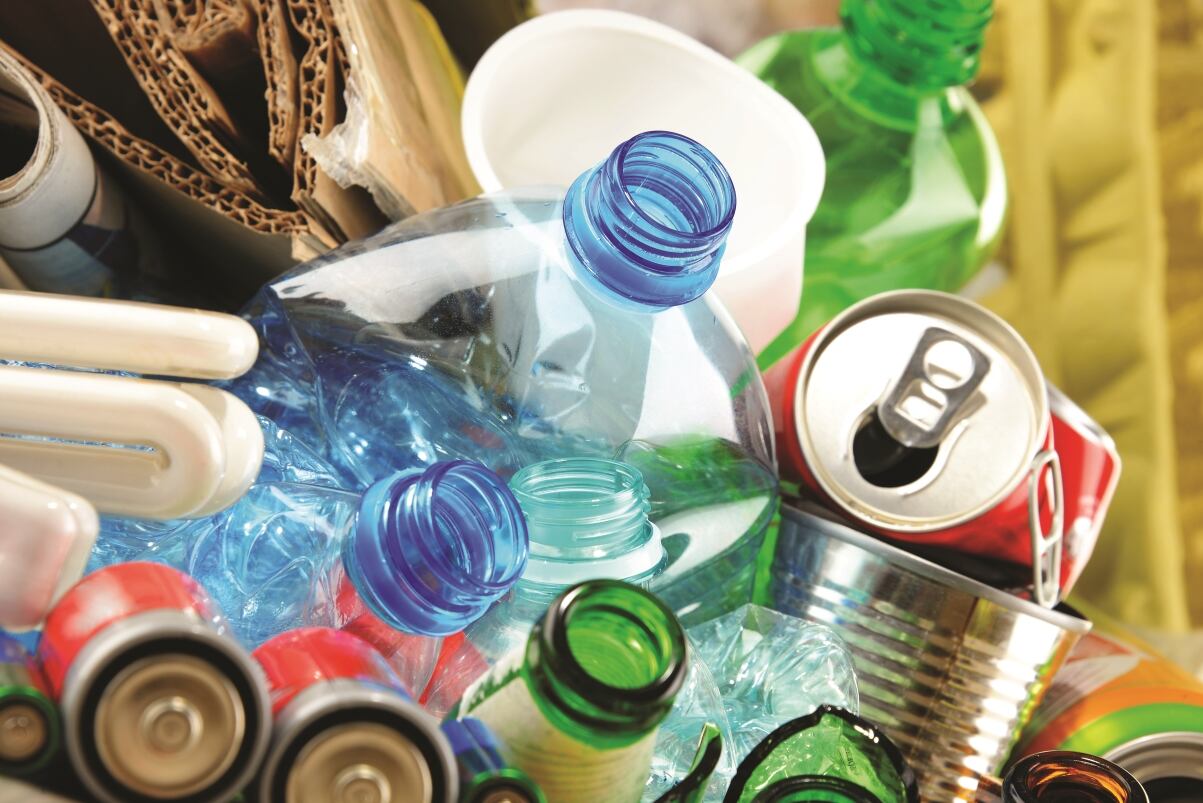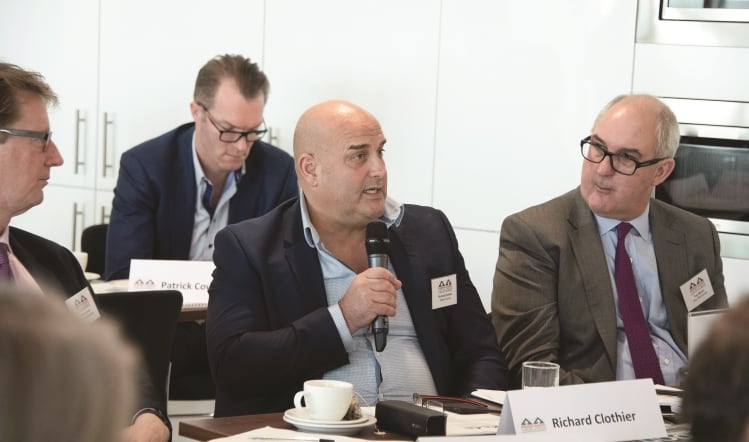At the launch of the RWS, at Veolia’s plant in London late last year, environment secretary Michael Gove claimed the plan went “further and faster” to reduce, reuse and recycle. Major areas of reform for packaging recycling include consistency in local authority collections and an expectation that “businesses and manufacturers” should foot the end-of-life bill for their packaging.
The RWS was “the most exciting initiative in this area for years”, Veolia chief technology and innovation officer Richard Kirkman told Food Manufacture.
Need for consultation
“There needs to be consultation and lead-in times to allow for the introduction of new equipment and new structures,” he said. “As long as there’s a timeline and we stick to it, that’s fine.”
New collaborative approaches such as the Plastics Pact – launched last year to create a circular economy for plastics – had made it easier to jointly solve industry challenges, including the identification of black plastic trays, said Kirkman. “Businesses are moving to using detectable black plastics and ... we’re investing in equipment that will identify them,” he added.
Jeremy Longsden, sales director at Welsh tray manufacturer Delyn Packaging, suggested the new RWS was a positive move. “Up to now, there has not really been any joined-up thinking, and that’s what we need,” he said.
Selling on polymers
There were markets for polypropylene (PP), high density polyethylene, and polyethylene terephthalate (PET), so these monolayer polymers could be extracted and sold on, Kirkman explained.
“The same is not true for polystyrene (PS),” he said. “And PS still accounts for around half of all yogurt pots in the UK, even though firms are progressively moving towards PP.”
As for creating separate streams for different types of PET tray materials, Kirkman conceded the responsibility for acting rested “on the waste management side”.




